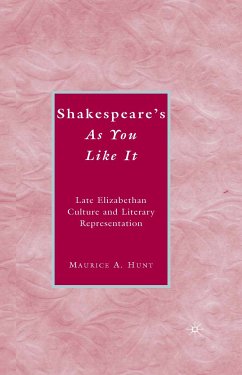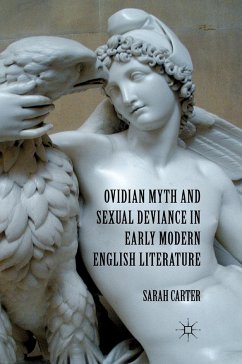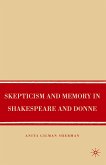Dieser Download kann aus rechtlichen Gründen nur mit Rechnungsadresse in A, B, BG, CY, CZ, D, DK, EW, E, FIN, F, GR, HR, H, IRL, I, LT, L, LR, M, NL, PL, P, R, S, SLO, SK ausgeliefert werden.
'Well and engagingly written. Provides an interesting, original, and valuable approach to an important Shakespearean comedy which would interest scholars of Renaissance literature, drama, and Shakespeare in particular.' - Grace Tiffany, Professor of Shakespeare and Renaissance Drama, Western Michigan University, USA and author of Love's Pilgrimage and Erotic Beasts and Social Monsters
'An engaging synthesis of alert scholarship and the virtuous 'If' (in Touchstone's term) of historical imagination. Hunt persuasively reconstructs many of the social, literary, and personal context, including echoes of both Spenser and Jonson, in which Shakespeare first crafted the play and in which audiences first enjoyed it.' - Stephen M. Buhler, Professor of English, University of Nebraska-Lincoln, USA









